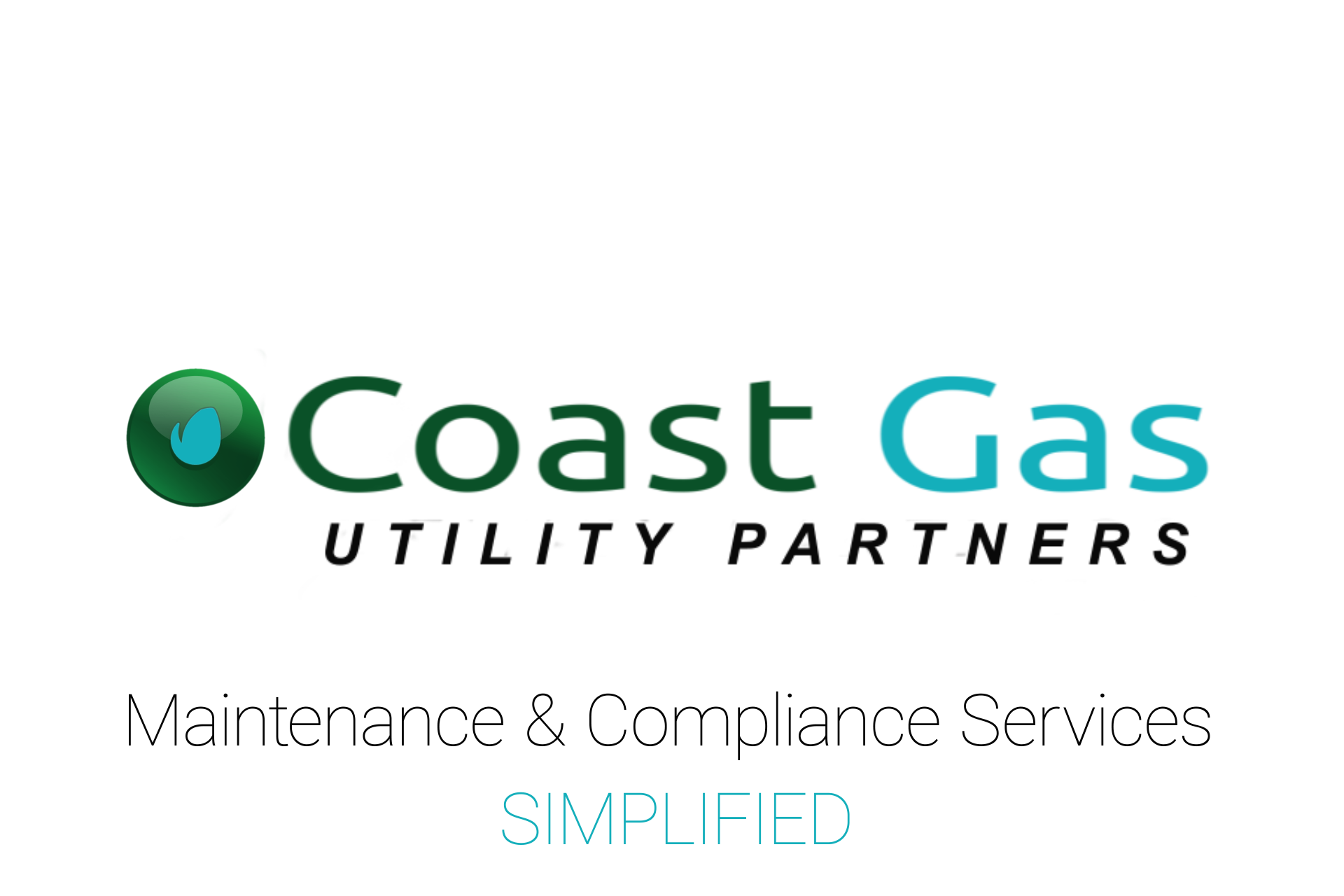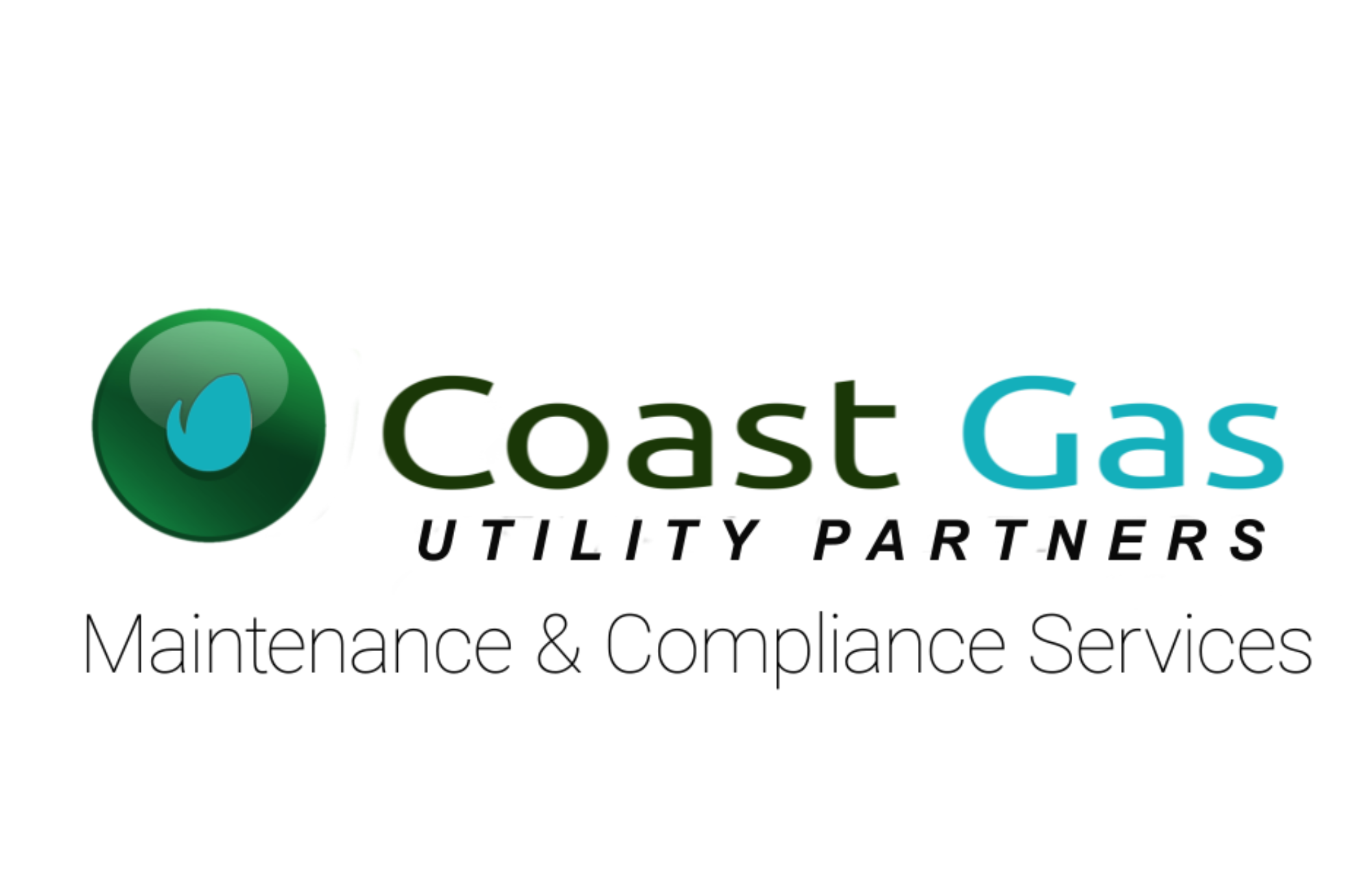DAMAGE PREVENTION REQUIREMENTS
Understand the facts, and your responsibilities of preventing damage to your distribution systems
Contact UsDISTRIBUTION INTEGRITY MANAGEMENT
Distribution Integrity Management Program, which is a regulatory requirement established by the Pipeline and Hazardous Materials Safety Administration (PHMSA) in the United States. DIMP applies to natural gas and propane distribution pipeline operators and is designed to ensure the integrity and safety of their pipeline systems. Here are the key details of DIMP:
Pipeline operators are required to conduct a comprehensive risk assessment of their distribution systems to identify and prioritize potential threats to pipeline integrity. This assessment considers factors such as pipeline age, material, location, operating conditions, and past incidents.
Operators must establish performance measures to monitor the effectiveness of their DIMP implementation. These measures are used to track progress, identify areas for improvement, and demonstrate compliance with regulatory requirements.
Based on the results of the risk assessment, operators develop and implement mitigation measures to reduce the likelihood and consequences of pipeline failures. Mitigation measures may include pipeline replacement, maintenance activities, enhanced inspection and monitoring, and public awareness initiatives.
DIMP requires operators to collect, analyze, and integrate data from various sources to inform decision-making and risk management efforts. This includes data on pipeline inspections, maintenance activities, leak detection, incident reports, and other relevant information.
Operators are responsible for continuously monitoring and evaluating the effectiveness of their DIMP implementation. This includes conducting periodic reviews, audits, and assessments to ensure that the program is meeting its objectives and regulatory requirements.
DIMP emphasizes the importance of communication and coordination among stakeholders, including pipeline operators, regulators, emergency responders, and the public. Operators are required to engage with these stakeholders to share information, address concerns, and promote safety awareness.
Regulations require cathodic protection systems for tanks installed after January 1, 2011, to prevent corrosion. Regular testing and documentation are necessary to ensure the system’s effectiveness. Testing must occur within six months of installation and every three years thereafter.
Understanding DIMP
Overall, DIMP is a systematic approach to managing the integrity of natural gas and propane distribution pipeline systems focusing on risk assessment, mitigation, performance monitoring, and stakeholder engagement. By implementing DIMP effectively, pipeline operators can enhance the safety and reliability of their systems and reduce the risk of incidents that could harm people, property, and the environment and will be compliant.


DIMP Enforcement Guide (PHMSA)
DIMP Enforcement Guide (PHMSA)
Please feel free to access the DIMP Enforcement Guide as published by PHMSA. Reach out to us directly should you require more information

Informed Awareness Communications
Informed Awareness Communications
Please click the link below to read the basic information pamphlet. Visit National Fire Protection Association website for comprehensive information.

811 Requirements For Everyone
811 Requirements For Everyone
The Propane Education & Research Council is a nonprofit that provides leading propane safety and training programs and invests in research and development of new propane-powered technologies.
DIMP SERVICES
Brief overview of the importance of Distribution Integrity Management Program (DIMP) for small LP gas operators and master meter customers. Introduction to the services offered for creating, implementing, and monitoring DIMP programs tailored to your needs.
DIMP Program Creation:
Customized DIMP program development tailored to the specific needs and requirements of small LP gas operators and master meter customers.
Social Marketin
Customized DIMP program development tailored to the specific needs and requirements of small LP gas operators and master meter customers.
DIMP Program Implementation:
Assistance with the implementation and rollout of the DIMP program within the organization.Training sessions for personnel on DIMP program procedures
MARKETING PLAN
Assistance with the implementation and rollout of the DIMP program within the organization.Training sessions for personnel on DIMP program procedures
DIMP Documentation:
Documentation of the DIMP program performance, findings, and corrective actions taken for regulatory compliance and continuous improvement.
UNLIMITED SUPPORT
Documentation of the DIMP program performance, findings, and corrective actions taken for regulatory compliance and continuous improvement.

